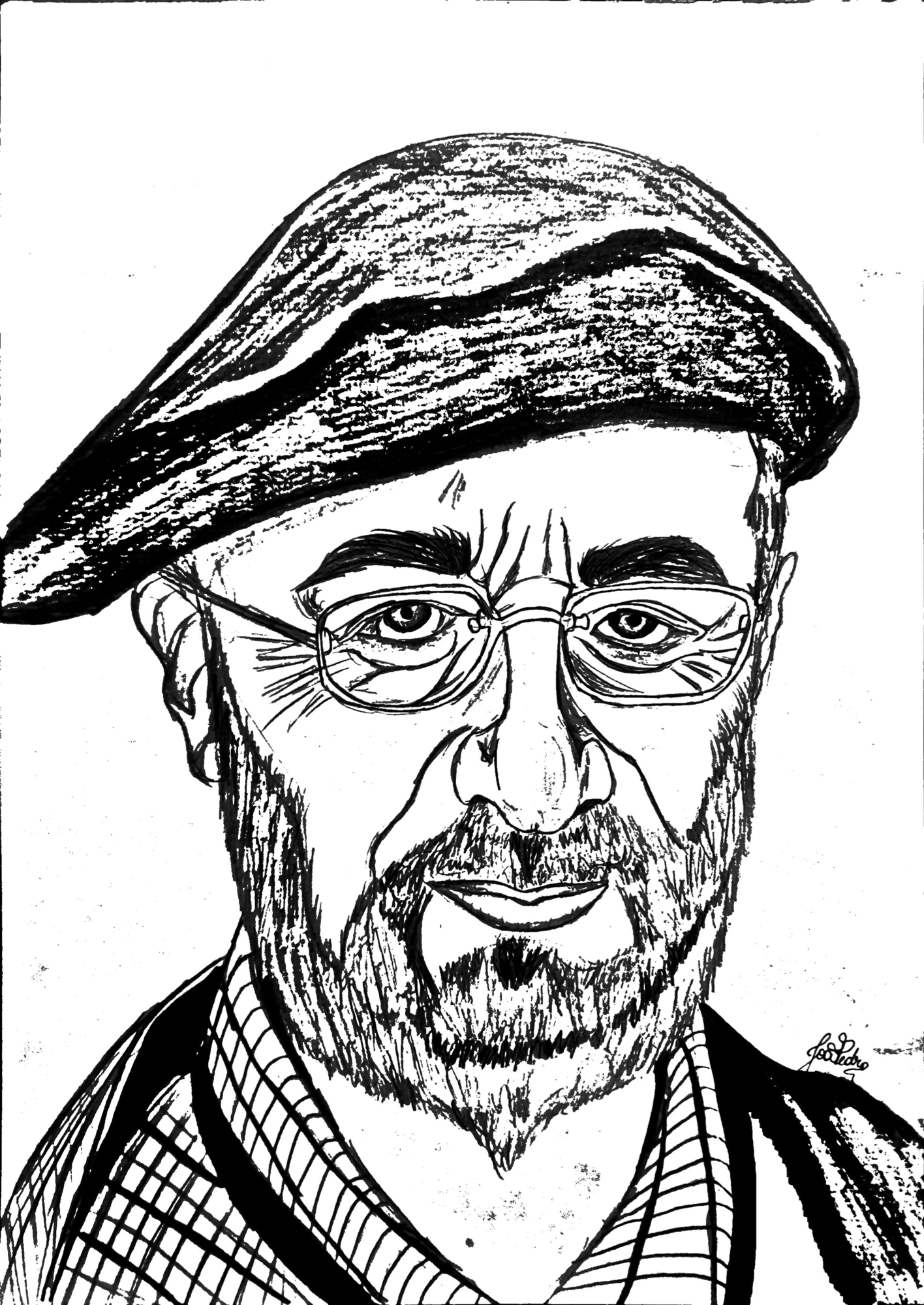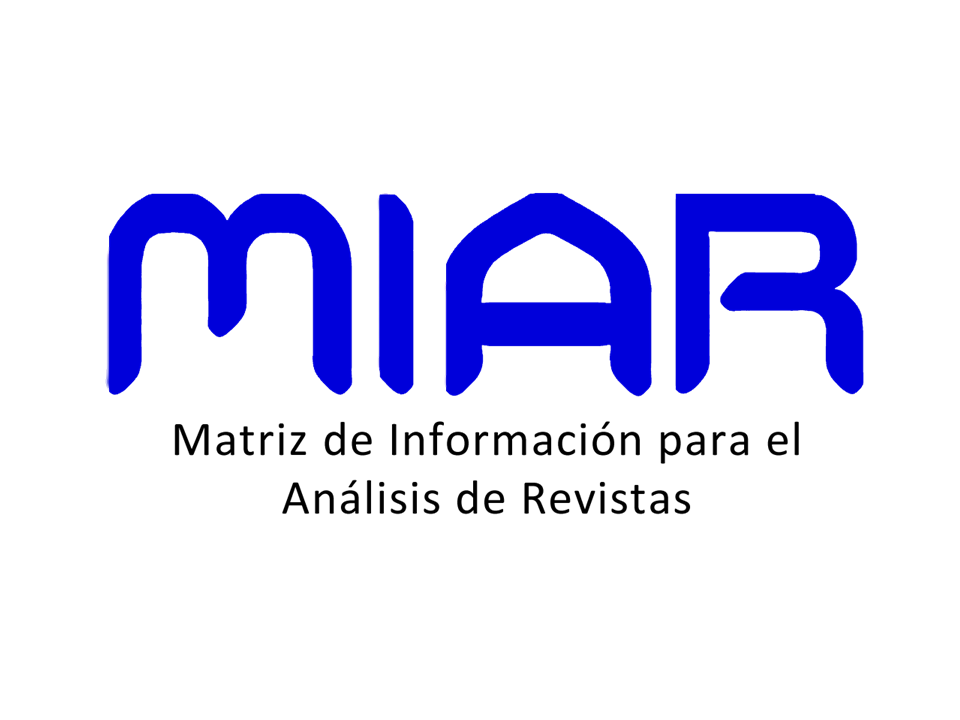POLÍTICAS LINGUÍSTICAS: UM CASO DE COOFICIALIZAÇÃO DA LÍNGUA ALEMÃ
Keywords:
Linguistic rights, German language, Co-officialization, São João do Oeste-SC, Language PolicyAbstract
The Universal Declaration of Linguistic Rights is little known by the general population and, perhaps, by those who are most interested in it. According to this document, speakers of other languages, which are not official in a given territory, have the right to use them in their lives without suffering any kind of discrimination, exclusion and persecution. This study proposes to explain issues related to linguistic rights, linguicism and linguicide, the three components of linguistic policy (practices, beliefs and management) and relate them to the process of co-officialization of the German language in the municipality of São João do Oeste, Santa Catarina, Brazil, based mainly on the theoretical assumptions of Skutnabb-Kangas (2019), Skutnabb-Kangas & Phillipson (1995; 2017), Spolsky (2007; 2009; 2016) and others, in addition to historical sources about the municipality and the Law 1685/2016. The results show that, before the co-officialization in 2016, there were actions to attribute prestige to the German variety and that the law and the context in which it is applied envolve the three descriptable elements proposed by Spolsky (2007; 2009; 2016), which legitimates it as a language policy. However, when analyzing what the law postulates, we realize that this policy is aimed at attracting tourists and does little to represent the speakers or guarantee the linguistic rights of a minority group.










